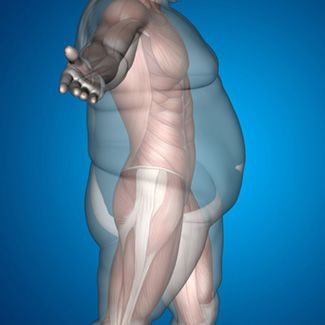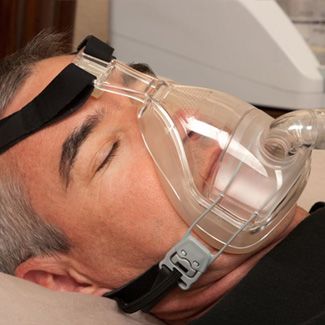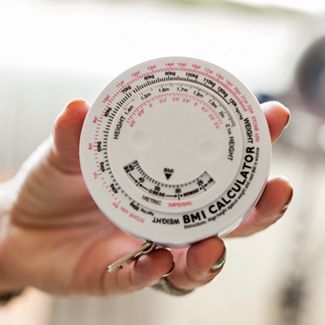Understanding and Addressing Morbid Obesity
Morbid Obesity
Morbid obesity is a complex disorder that can compromise an individual's health and quality of life. To determine if a patient is morbidly obese, doctors commonly use the Body Mass Index (BMI) calculator as well as other criteria. By comparing an individual's height to his or her weight, we can develop a BMI figure. A BMI of 30 or above indicates obesity, and a patient with a BMI of 40 or above is considered morbidly obese. Being morbidly obese is not the same as being overweight because morbid obesity is considered life-threatening. Dr. Matthew St. Laurent strives to educate his patients about morbid obesity and teach them about how it can be safely treated.
Causes of Morbid Obesity
There are several factors that can contribute to the development of morbid obesity. Those who eat unhealthy foods and drinks and do not remain active will consistently consume more calories than they burn, which is one of the most common causes of morbid obesity. In addition, genetics can also play a role in the amount of fat your body stores and where it is distributed. For some patients, obesity is related to certain medical conditions, medications, age, lack of sleep, or recently quitting smoking. During your consultation at Northwest Endosurgical, Dr. St. Laurent will review your medical history and your lifestyle to better understand the causes of your condition.
Obesity Related Conditions
Obese patients can experience a number of complications related to their condition. If you are obese, you have a higher risk of developing Type 2 diabetes, high blood pressure, and heart disease. Furthermore, the pressure of additional weight can also cause osteoarthritis in joints. One common related condition is sleep apnea, which occurs when the airways are blocked during sleep. Excess weight can also contribute to gastro reflux. Since patients often deal with discrimination and discomfort in public, obesity can have emotional repercussions as well. If obesity-related conditions are diminishing your quality of life, Dr. St. Laurent will discuss the potential solutions available to you.
Weight Loss Surgery Facts
It is important to understand that weight loss surgery is not a magic cure for obesity, but rather a tool for helping patients improve their wellbeing and begin new, healthy lifestyle habits. Bariatric surgery can reduce your risk of obesity-related conditions, such as heart disease, high blood pressure, and sleep apnea. Weight loss that follows surgery can also improve your mental health, since many daily activities that were once difficult may become easier and more enjoyable. Dr. St. Laurent will explain the lifestyle changes that you will need to make following surgery in order to sustain your weight loss and health.
BMI Calculator
Calculating your BMI helps Dr. St. Laurent evaluate if you are within a normal weight range, an obese range, or a morbidly obese range. A BMI of 30 or over puts you in the obesity range, and 40 or over puts you in the morbid obesity range. Although BMI is a useful diagnostic test, it should not be used alone because it does not indicate body fat composition and other variables that are needed to determine if a patient is obese. Dr. St. Laurent will conduct a comprehensive review of your medical history in conjunction with measuring your BMI to determine if you are a candidate for bariatric surgery.









